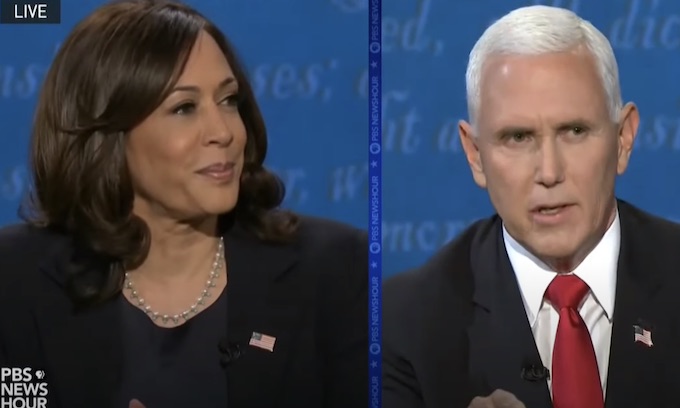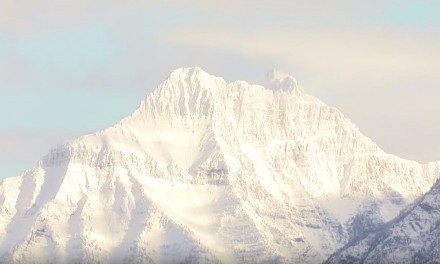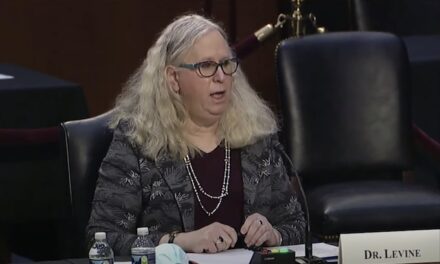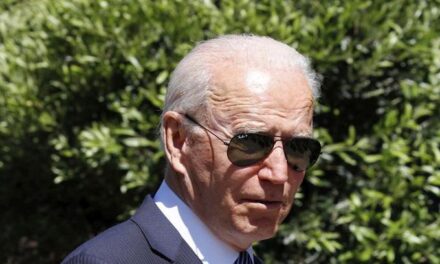Wednesday’s vice presidential debate saw incumbent Mike Pence and challenger Kamala Harris clash over fracking, a booming Pennsylvania industry, with Pence accusing Harris and presidential candidate Joe Biden of wanting to ban fracking and increase unemployment.
The state Department of Labor and Industry reports Pennsylvania’s fracking industry supports anywhere from 20,000 to 50,000 jobs.
What is fracking?
Pennsylvania is home to sedimentary rock thousands of feet underground known as Marcellus Shale, which is millions of years old and formed from mud and organic matter. The rock formation stretches through a number of northeastern states, with natural gas created as a byproduct of decomposition. That gas is trapped in fissures, or cracks in the shale.
Fracking takes its name from the process of fracturing the shale bedrock with pressurized liquid, which allows the natural gas to flow more freely.
Pennsylvania is currently the second-largest producer of natural gas in the U.S., behind Texas, with more natural gas being fracked from Pennsylvania wells in 2019 than in any previous year, according to the state Department of Environmental Protection.
Why is fracking controversial?
There are 66 operators and nearly 7,800 active wells in Pennsylvania, according to a state impact report from NPR, which lists every active well by county or municipality and tracks whether drillers have been cited for violating state environmental regulations.
Fracking’s supporters advocate the economic benefits of replacing coal with natural gas, which burns more cleanly and emits less carbon dioxide.
Opponents argue fracking contaminates water, causes noise and air pollution, triggers earthquakes and affects human health.
In June, a Pennsylvania grand jury faulted the DEP for not protecting the public from fracking’s health effects. The grand jury reviewed testimony gathered by the state Attorney General’s Office from residents complaining of dead livestock, nausea, headaches and nosebleeds.
As he released the grand jury’s findings, State Attorney General Josh Shapiro objected to the relationship between the DEP and the fracking industry, saying officials from the agency “repeatedly failed to exercise their duties and responsibilities” in enforcing regulations on the industry. Shapiro called the relationship “too cozy” and cited an example of an energy company hiring seven former employees from the same DEP office.
Candidates’ stances on fracking
While answering a question on how the Trump-Pence plan differs from that of Harris and Biden to stimulate the American economy, Pence said the opposition wants to ban fracking as part of the Democratic Party’s proposed Green New Deal.
Introduced by Rep. Alexandria Ocasio-Cortez of New York and Sen. Edward Markey of Massachusetts and co-sponsored by Harris, the proposal calls on the federal government to wean the U.S. from natural gas, crude oil, coal and other fossil fuels and to curb planet-warming greenhouse gas emissions. It also aims to guarantee new high-paying jobs in clean-energy industries.
Abolishing fracking “would cost hundreds of thousands of American jobs all across the heartland,” Pence said.
Harris responded, “Joe Biden will not end fracking. He’s been very clear on that.”
Pence said Harris “on multiple occasions” promised to ban fracking.
“Joe Biden looked a supporter in the eye and pointed and said, ‘I guarantee, I guarantee, that we will abolish fossil fuels,’” he said.
Pence said the Green New Deal would bring more government taxing and regulation in addition to fracking and banning fossil fuels, which would increase energy costs to American families and “crush American jobs.”
Harris reiterated those jobs would transfer to clean energy industries.
How voters feel about fracking
The DEP reported environmental violations in 14% of its state inspections last year, and collected fines of $4.1 million. That’s concerning to a lot of voters, who are split on a ban and recognize the ‘major boost’ fracking provides to Pennsylvania’s economy.
In February, a Morning Call/Muhlenberg College poll found 42% of Pennsylvanians oppose a ban on fracking and 38% support a moratorium, with 20% undecided. Half of respondents said the industry had been a “major boost” to the state’s economy, but 44% said the drilling poses a major health risk to state residents.
A more recent CBS News poll taken in August showed 52% of registered voters in Pennsylvania oppose fracking, while 48% favor it. The same poll said 45% believe Trump would do a better job handling “issues surrounding oil-and-gas exploration,” while 42% said Biden would do better.
Morning Call reporter Andrew Scott can be reached at 610-820-6508 or [email protected].
___
(c)2020 The Morning Call (Allentown, Pa.)
Visit The Morning Call (Allentown, Pa.) at www.mcall.com
Distributed by Tribune Content Agency, LLC.
—-
This content is published through a licensing agreement with Acquire Media using its NewsEdge technology.



















Recent Comments